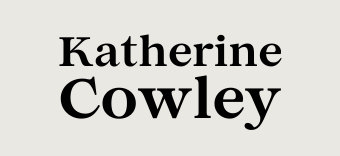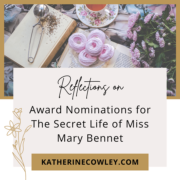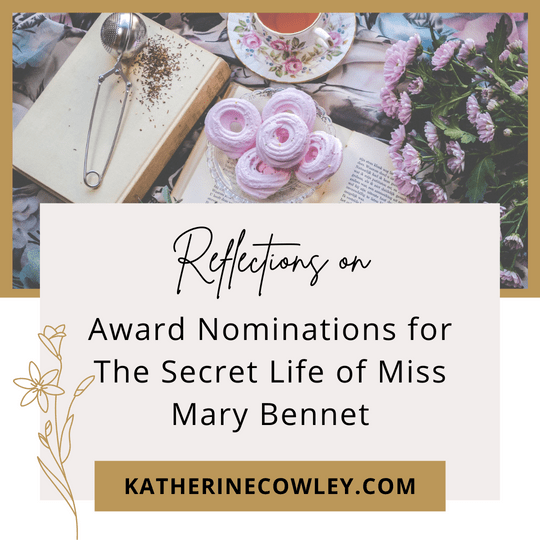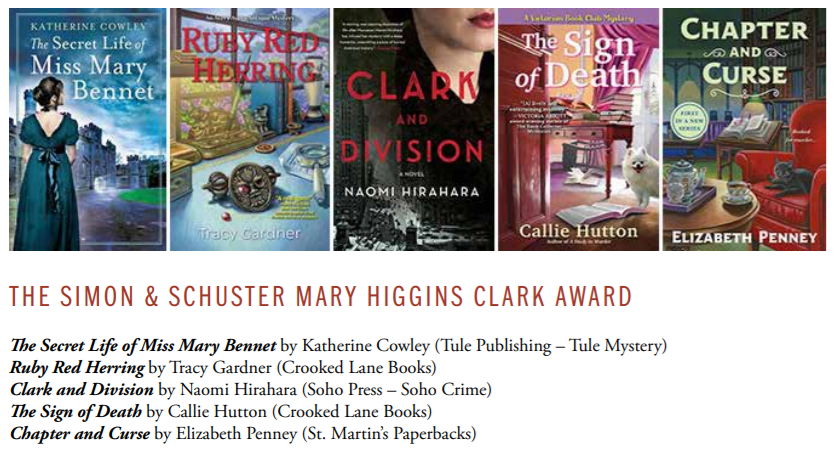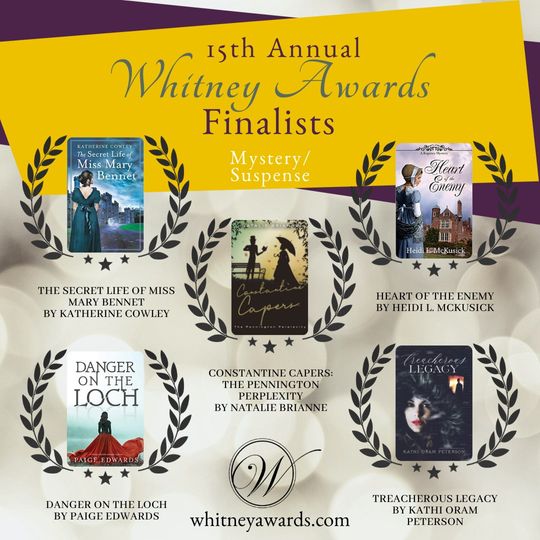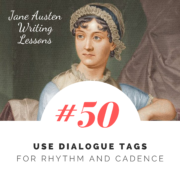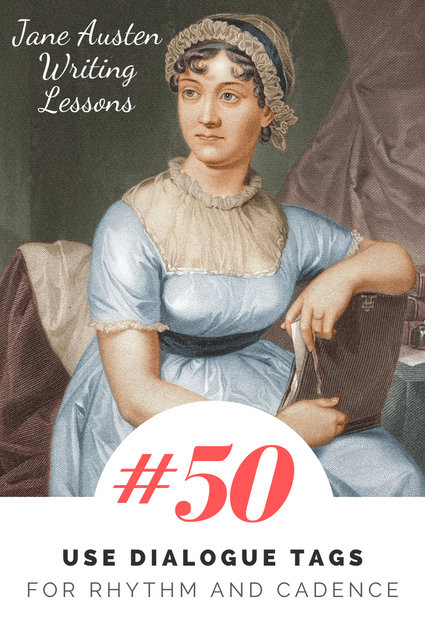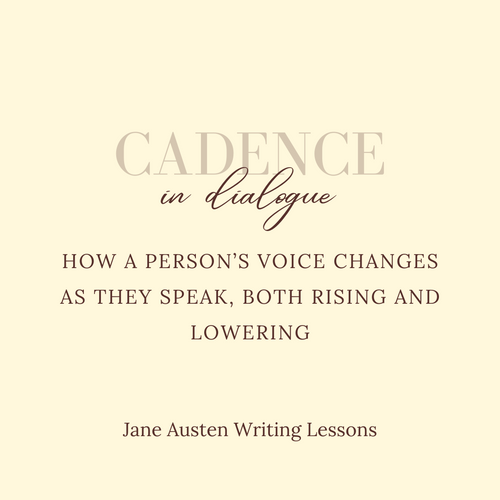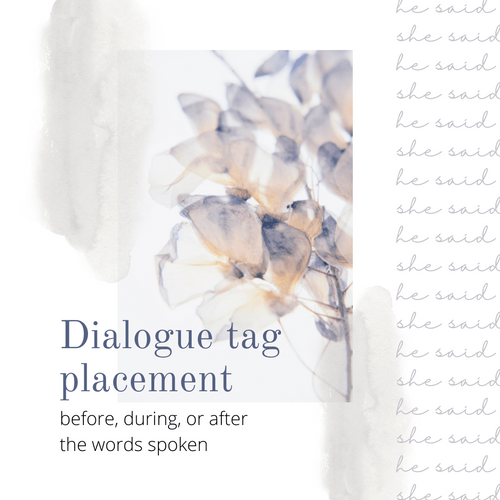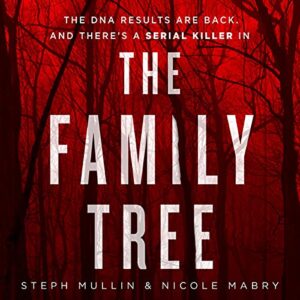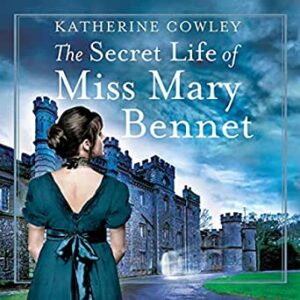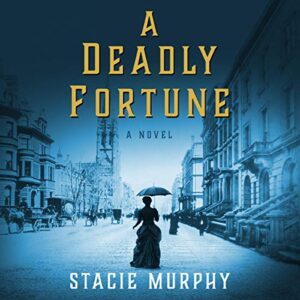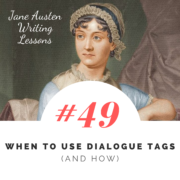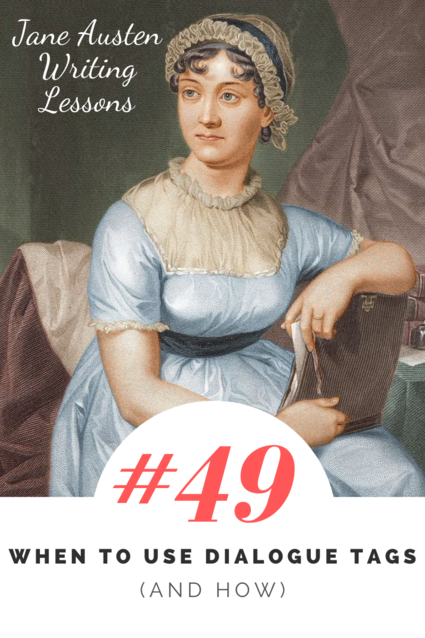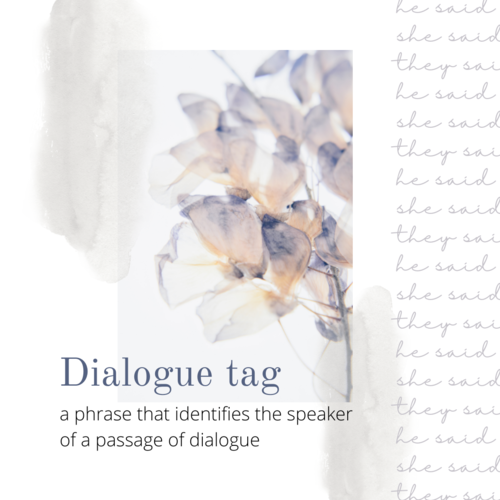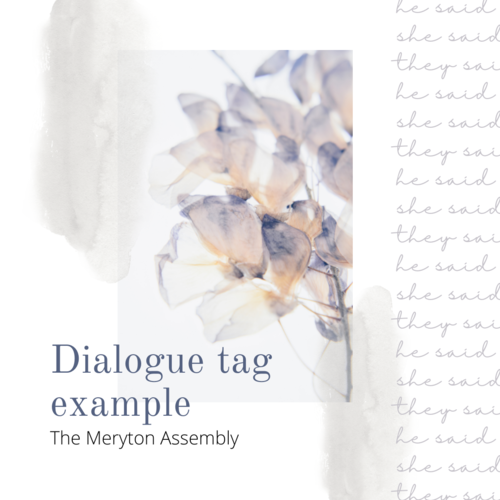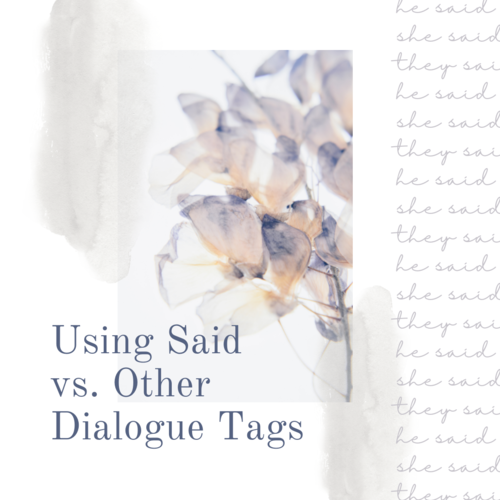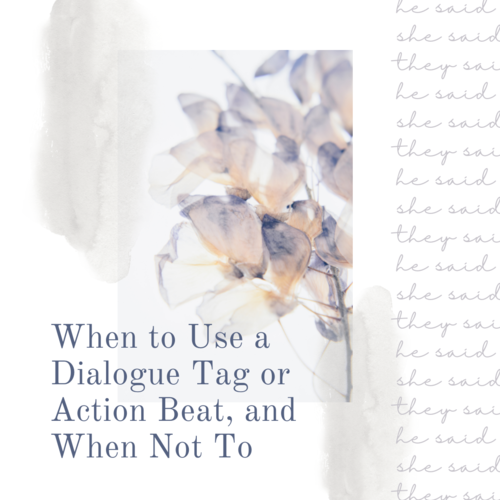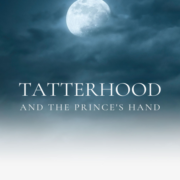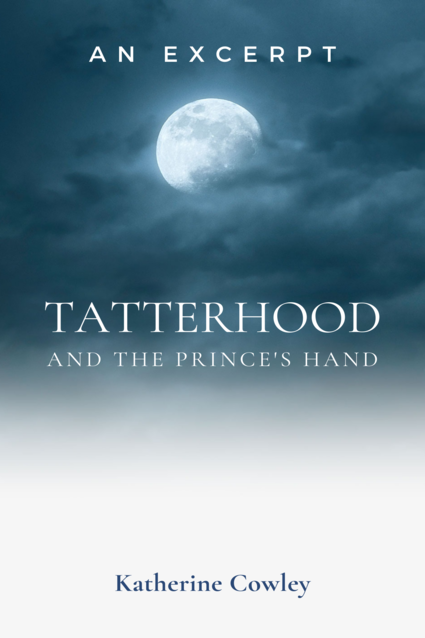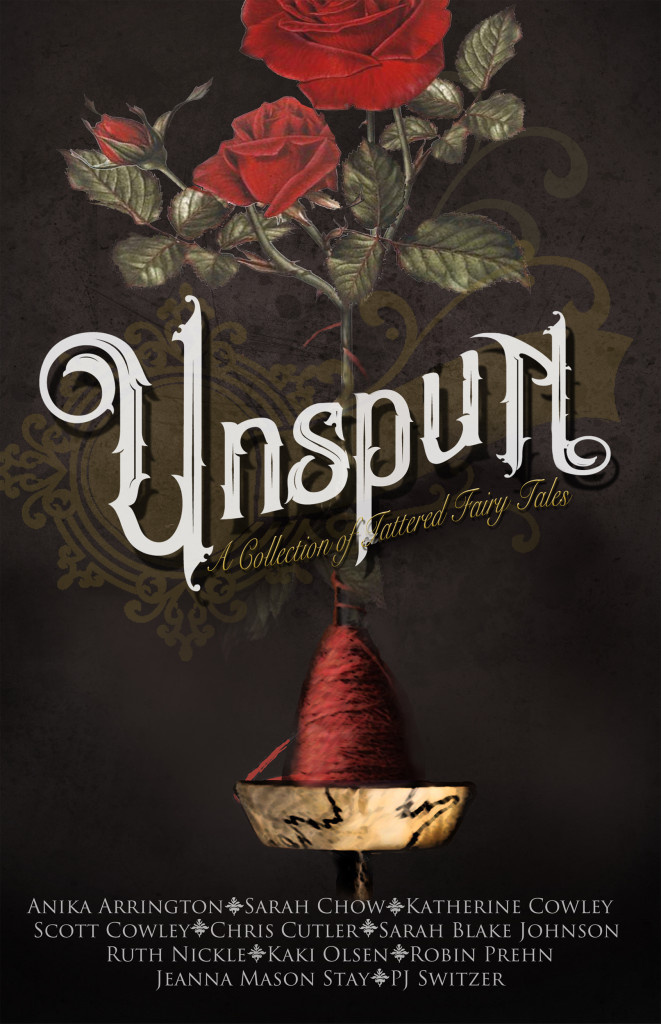Excerpt from “Tatterhood and the Prince’s Hand”
Chapter 2
At first, winning a prince’s hand in marriage had seemed a grand sort of prize to Tatterhood—after all, she had single-handedly defeated an entire band of trolls and saved her sister. Surely she deserved some sort of reward, and Ingridr convinced her a husband would bring her great happiness. But now, six months wed, Tatterhood wondered if she had made a wise decision. Yes, her parents had been thrilled when she returned with a husband who was also a prince, but Prince Trygve was still better at pleasing her parents than her.
Tatterhood rode her nanny goat, Storm, through the fields toward the practice grounds, where she thought she’d find Trygve. She had realized, that morning, that she was expecting a child—she should’ve noticed several weeks ago—and she wanted to tell him.
Trygve was engaged in a swordfight with one of her soldiers. He swung his double-edged sword with great finesse, expertly blocking the soldier’s blows and delivering his own.
Trygve was strong and intelligent—a real warrior. And he was a good man, kind to the people. These were all good traits for a husband who would someday rule by her side. The maids said he was a handsome man, but Tatterhood did not care much about that.
Her people liked him, and Tatterhood liked him for that. But he was always more comfortable with everyone else than with her (except for when she changed her appearance). The previous night they had argued about the new coverlet for their bed. Tatterhood insisted the color didn’t matter while Trygve protested that it did matter and the craftsman had not delivered what he had promised and should redo the work. They had said unkind things to each other, and though they both apologized, they had not spoken much to each other since. So now Tatterhood wanted to tell him about their baby—needed to tell him—but she did not know how exactly to start the conversation.
Trygve won his fight. A smile covered his face as he patted the soldier on the back.
“Who will challenge Trygve next?” asked the sword master.
Maybe if they fought in the training arena, it would make it easier to talk to each other. Tatterhood jumped off her goat and raised her wooden spoon. “I will!”
The people cheered, but Trygve’s smile disappeared.
“What is your weapon?”
Tatterhood raised her wooden spoon. It was a full arm in length—perfect for fighting against a sword. The bowl of the spoon was about the size of her head and worked well as a mace. The handle was not completely smooth; the front side was flat, to make it easier to hold. The end of the handle curved out, like the end of an axe handle, so that during a fight the spoon could not slide out of her grip.
“Tatterhood! Tatterhood! Tatterhood!” the people chanted.
“Let the match begin!” declared the sword master.
Tatterhood sprang into the attack, using both arms to swing her spoon toward her husband’s knee. He blocked and then moved to the offensive, swinging his sword first toward her chest, then toward her abdomen. His strokes came in rapid succession, but his motions had lost some of their normal fluidity.
“What’s wrong?” asked Tatterhood as she used the spoon handle to deflect one of Trygve’s jabs.
“Nothing,” the prince muttered. “You just look very gray today.”
Tatterhood wondered again if he was embarrassed by her appearance. Most people got used to it after a few weeks, yet it still seemed to bother Trygve.
She scowled and spread her hands about a foot apart on the middle of the spoon’s handle. She pushed her right hand forward, propelling the spoon head toward his arm (if it weren’t a training fight, she would’ve gone for his neck). He barely managed to block. She yanked her right arm back at the same time as she pushed her left hand forward, which pulled the spoon head back and sent the back of the handle toward his other arm. Once again, he barely blocked. He tried to attack, but she planted her feet firmly on the ground and pushed the spoon handle against his sword with all her strength. He stumbled backward.
She did not want to cause him any true damage—he was her husband—but she wasn’t going to play easy on him. That was not her way.
She swung toward his knee again. He blocked, and she yanked the spoon back and drove it straight forward, hitting him in the ribs with the spoon head. The hit wasn’t hard enough to break any bones, but he would surely bruise.
“This is not a fair fight,” gasped the prince. “Your spoon is magic.”
“It’s not a magic spoon,” insisted Tatterhood. “Not exactly.” It’s not like she had placed a spell on it—there were a handful of ways she could consciously use magic, but for the most part, it did what it wanted. She could not yoke it to her will. (If she had better, more constant control, she could’ve become a witch, but it was too late for that now.) Yet on occasion, when she used things that resonated with her essence, they channeled a bit of the magic inside her. She couldn’t force it to happen, but at times she might fight better or travel faster or jump higher; once she’d even managed to sing a half decent song while on her goat and holding her spoon, which was clearly magic helping things along.
“It’s made of wood,” said the prince. “If it were a normal spoon it would be damaged by my sword.” His sword had rags wrapped around it to make it less lethal, but even so, he was probably correct.
“Very well,” said Tatterhood. “I will fight you with a sword.”
She raised her hand to pause the fight and thought very hard of the sword in her bedroom. She willed her wooden spoon and her sword to switch places, and suddenly, her sword was in her hand instead of the spoon. Like Trygve’s, it was a stout, two-edged blade, though hers weighed less.
The sword master wrapped rags around the blade.
Tatterhood adjusted her grip on the sword. The metal handle felt cold, lifeless, while her spoon felt as alive as a tree.
Trygve swung his sword, so she parried him.
When it became clear that she would not be an ordinary princess, Tatterhood’s parents had encouraged her to take up sword fighting. In this endeavor, she gained proficiency but not expertise.
Perhaps the problem was the sword itself. It had a decorative hilt, fit for a princess, and a beautiful shine. It had been forged by the best sword maker in the land, and the sword master declared it perfect for either a parade or a fight. But it did not speak to Tatterhood’s essence, and so she much preferred her spoon.
Tatterhood was not as fast as her husband—at least not when she held a sword—and Trygve was very good at this. Though she tried her best, she barely blocked his attacks. She kept shifting her sword’s height, but she could not get in a good attack. Yet even if she weren’t as proficient at the sword, at least there was a light in Trygve’s eyes that she did not see most days, and she liked the way their bodies and their swords moved together. They should fight like this again.
Trygve swung and she moved to block, but it was a feint and now his sword was at her throat. The sword master declared the victor.
Tatterhood bit her lip. She had not wanted the fight to end so quickly, and she did not like to lose. She told herself she would have beaten him if she’d kept her wooden spoon. The soldiers patted the prince on the back.
“Walk with me back to the castle?” Trygve asked.
Tatterhood agreed and asked a servant to take her goat. The servant grimaced but nodded and proceeded to chase the goat. Storm was large, shaggy, and brown. And rather ferocious. She jumped onto a waist-high, wooden fence, bit off the servant’s hat, and ran into a field. This did not worry Tatterhood—Storm always came back.
Trygve took Tatterhood’s hand. He held it, raised, in the formal manner used to escort a noble woman. Their fingers did not intertwine as the villagers’ fingers did when they held each other’s hands, but surely it still counted as holding her hand, and in a public, outdoor setting. He must be pleased with her.
They walked through the field. Tatterhood was about to tell him she was expecting a child when a messenger approached. The lass curtsied and declared, “Letters for Princess Tatterhood and Prince Trygve!” Trygve’s letter was from his father, King Varg, and Tatterhood’s from Ingridr.
They read their letters as they walked. Ingridr was doing well and enjoying the sunny, summer weather. She mentioned that King Varg was troubled. “There are reports of the return of a magical creature, but he won’t tell me any more details.”
Tatterhood looked at Trygve. His face was pale, and his eyes darted back and forth across his own letter.
“Anything wrong?” she asked when he finished reading.
“Of course not,” he snapped.
She did not press him or force an answer. She had already discovered that, in marriage, such tactics should be used only in times of great expediency.
They arrived at the castle, Trygve maintaining his stony silence.
“Bring me my horse,” he instructed a servant.
The servant returned with Sunset, the prince’s prize horse. She was a deep-black beauty with a silver mane. He rode her every day and would touch no other creature. He mounted her and rode to the fields without a word of farewell. Tatterhood entered the castle alone.
Trygve spent several hours with Sunset. When he returned, he was back to his normal self. Whatever troubled him must not be too great if it could be cured by a simple horse ride.
That night she had yet to tell him of their baby. Perhaps she needed to create the right moment. She changed out of her tattered clothes into softer, newer material.
Tatterhood turned to her husband. “Will you lie with me?”
He shrugged, as if to say he did not care either way. Sometimes it seemed he lay with her out of a sense of his duty as a husband, but she did not want that from him tonight. She wanted to please him, wanted to tell him about their baby when she was sure he’d be happy to hear the news.
She considered herself in the mirror, and, as always, found herself satisfied with her own appearance. Tatterhood liked her crooked, lumpy nose; liked the piercing of her eyes and her fierce, bushy eyebrows; liked that her left ear was higher than her right. Above all, she liked her gray skin. It allowed her to blend in with shadows.
She shifted her focus to her husband. There were several ways she could use magic. When she used items that expressed the essence of her soul, magic enhanced her actions. She could switch one object for another if she knew both objects well and knew their location. She could sometimes find a missing object if she had a strong connection to it.
She could also change her appearance for a time, though this was a bit trickier. She sent a wisp of magic toward Trygve, let it prod him, touch his desires. She turned the wisp on herself. She instantly transformed—skin smoother and clearer than her sister’s, dainty eyebrows, proportional features. Her hair was still curly but had a reddish tint to it, which surprised her. Normally it turned pale blond.
Tatterhood sat next to her husband on the bed, feeling less like herself.
“It always amazes me when you do that,” said Trygve.
Now it was Tatterhood’s turn to shrug.
“I wonder what the people would think if you transformed before them,” he said.
“I’ve done it before.” As a child, she’d transformed by accident during a festival. Once she recognized the ability and its implications she did it repeatedly until she mastered the skill. But then the novelty wore off for both her and her people. She thought of them cheering for her in the training grounds. “I’m not sure it’s necessary to do again.” She had told Trygve that she could only change her appearance occasionally because it used too much magic. That wasn’t strictly true—magic wasn’t like a vial of oil that could be used up—but she liked being herself. She already changed herself two or three times a week, and didn’t want him to press her to do it even more often.
“Of course it’s not necessary,” said Trygve. “But when you change, you look as beautiful on the outside as you are on the inside.”
Tatterhood chuckled. “I don’t think I’m like this on the inside.” And then she opened up to him, in a way that surprised her. “On the inside I’m muddy, always ready for a fight. I’m rough edges and frightening cliffs. I’m disheveled, and not always sure what I should do.”
Trygve put his arm around her. His hand wore the ring she had made for him as a late wedding present. “That sounds beautiful to me.”
Beauty didn’t matter to Tatterhood, but she liked his warmth so she leaned into him and kissed his neck. He kissed her on the lips, and soon they engaged in the same activity that led her to be with child. After, they held each other on the bed, and she knew this was the right moment to tell him the news.
But before she could, Trygve combed his fingers through her hair. “I like the red. Why did you add that?”
“I don’t choose what I’ll look like.”
“You don’t?”
“Well, I can choose, if I have something particular in mind. Sometimes I make myself look like a troll. And when I was young, I always made my face look like a frog to frighten Ingridr. Most of the time, though, I make myself appear like what someone else desires to see in me. You always want me beautiful, and so I become beautiful. Today you must like red hair.”
Trygve sat up and wrapped his arms around his knees. “How very strange.”
“It’s not strange at all,” said Tatterhood. “You probably saw someone with red hair and—” The realization hit her like the punch of a two-headed troll to the face. “The new serving girl has red hair. You think she’s beautiful.” At least only Tatterhood’s hair had changed to match Mette’s, and not her entire face.
“I, I—” stuttered Trygve. His face was flushed. “It’s not like that, Tatterhood. Yes, she has nice hair. But I’ve never looked at her in that way—I don’t desire her.”
“Then why is my hair red?” she said, tugging at it.
“Your hair isn’t red anymore.” He pulled on his nightclothes.
She turned to the mirror. Her hair was back to its normal, grayish brown. She’d lost control of the magic, lost the will to make herself what she was not. She curled up in the bed, pulling the blankets around her. She wanted to take her wooden spoon and hit Trygve with it, but she also wanted to hit herself. This was all her fault—all her fault for marrying a prince who did not want her, all her fault for changing her appearance for their wedding.
She had wanted to show him that appearance was transient and unimportant. She had wanted him to talk before their wedding. But she should’ve stayed ugly and gray, and waited for him to like her as she was, if such a thing was even possible.
“I’m sorry, Tatterhood.”
She could not bring herself to turn and look at him, could not accept such a simple apology. She waited, listened as he fell asleep beside her. Then she let three tears—only three—fall down her face and onto her pillow. She was not the crying sort, and so she blamed the tears on her pregnancy.
She had still not managed to tell him about their baby. She wondered if their child would look ugly like her or handsome like Trygve, and if their child would care either way.
Chapter 3
When Tatterhood woke in the morning, she found herself alone.
During their first few months of marriage, every morning they held each other before rising for the day. It seemed the natural thing to do during the almost endless nights of winter, when the sun awoke for only a few hours in the middle of the day. Now, in summer, the sun slept for only a few hours, creating almost endless illumination. The light often caused Trygve to wake hours before Tatterhood, and she would find him reading a book in a chair. She wished she could hold him this morning, because if they had fought the night before, it always softened their feelings toward each other.
“Trygve?” she called.
Silence.
A sense of unease enveloped her, a fear she could not shake. She walked through their rooms, slowly at first, then more rapidly, peeking her head in every nook and corner. The prince was gone.
Her head ached and her jaw felt tight and sore. She must have clenched it as she slept.
She looked on her table, where he always left her notes if he went to do something or meet with someone. There was nothing.
Her heart sank. Trygve never wrote her the sorts of romantic letters featured in ballads, but he always jotted down a few words to let her know if something demanded his attention. She gripped the edge of the table. Maybe he didn’t want her to know where he had gone.
“He’s left me,” she said aloud, and there was no one in her rooms to disagree with her.
Tatterhood dressed hastily in a ragged dress. Rather than brushing her hair, she pulled her hood on top of it. She grabbed her wooden spoon, rushed out of the room, and addressed her attendant, who sat in the hall, doing embroidery and waiting to be called upon.
“Lady Tove, have you seen Trygve today?”
The woman curtsied. “No, Princess. I assumed he was with you.”
The soldier posted in the hall spoke up. “I took the shift before dawn. He must have left before then.”
She wanted to scream that the prince had not just left their rooms, but left her, for good. Yet she should not do such a thing unless she was absolutely certain. She stuck a finger through a small hole in her sleeve, pulling at it until the fabric ripped, creating a much larger hole. She fiddled with the frayed threads. She wished she could ask Ingridr for advice, but her sister was kingdoms away.
As she walked to breakfast, she stopped every single servant in her path to ask if they had seen Trygve. No one had.
One of the servant’s daughters, Anna, came running down the hall. She jumped into Tatterhood’s arms and gave her a sticky kiss on the cheek.
“Where’s Trygve?” the little girl asked.
Surprised to hear her own question turned back on her, it took Tatterhood a moment to mumble, “I don’t know.” Someday, would her own child ask the same question, and would she be forced to give the same response?
“I want him to play with me,” said Anna.
“I can play with you,” said Tatterhood, wanting anything to distract her from her worries.
The girl shook her head and ran back down the hall toward her mother, Elin. “It’s more fun with both of you.”
“You shouldn’t say things like that,” Elin rebuked her daughter. She turned toward Tatterhood. “I’m sorry, Princess. Is there anything I can do for you?”
“Have you seen Trygve?” she asked, already knowing the answer.
“No,” said Elin, and she got a faraway look in her eyes.
Tatterhood wanted to know the woman’s thoughts but did not dare to ask. Elin’s husband had left her last summer. And she wasn’t the only one in the castle to experience such a thing. Years before, the stable master’s wife had left him for another. These sorts of things happened. But they did not—they should not—happen to Tatterhood.
She tightened her grip on her wooden spoon, trying to channel her emotions away from grief, toward anger.
She stomped into the private, family dining room, nodded to her parents, and set her wooden spoon on the table, none too gently.
The queen cleared her throat. “What do I always say about spoons at the breakfast table?”
“There are dozens of spoons on this table.”
“But none made of wood, and none that large.”
Tatterhood pinched her lips together. She moved the spoon onto the floor, beneath her feet.
“Much better,” said her mother.
The serving girls came in carrying fruit. The red-haired girl—Mette—spooned bilberries onto Tatterhood’s plate. Tatterhood tried not to look at her.
“Where’s Trygve?” asked her father.
“I don’t believe he’s coming to breakfast,” Tatterhood said between gritted teeth.
Mette walked out of the room with a bounce.
Tatterhood grabbed a handful of the blue bilberries and shoved them in her mouth, daring her mother to correct her for not using utensils. She knew she was behaving much younger than her age, but she did it anyway.
“You didn’t argue about the coverlet again, did you?”
“No, Mother.”
“I took care of the problem. I ordered another in the color Trygve requested, and, to make you happy, since you hate to see someone not compensated for their work, I purchased the coverlet with the wrong colors. I am sure I will find a place for it.”
Her mother was rather stingy when it came to new furnishings. She had finally replaced the castle curtains a few weeks before, and had made all sorts of complaints about the cost. The fact that she was willing to buy an extra coverlet to make both of them happy meant she must be worried about the state of their marriage.
“Thank you, Mother.” Of course, with Trygve gone, the color didn’t matter.
Mette brought in the cheeses. The sunlight shining through the windows glinted off her long, red braid. Tatterhood gripped her silver fork and knife, picturing Trygve talking to Mette, putting his hand on her shoulder, perhaps escorting her to her room. . . .
Mette smiled at her as she returned to the kitchen.
Tatterhood tried a bite of cheese but did not like the taste. She raised one of the breakfast linens to her mouth and spit the cheese into it. Why had she tried to pretend nothing was wrong? She could continue this charade no longer. She dropped the soiled fabric on her plate.
“Please excuse me.” She dashed after Mette and slammed open the door to the kitchen.
The servants all stared as Tatterhood bounded into the room. Mette turned quickly, almost dropping her tray.
“Where is my husband?” Tatterhood hadn’t entirely meant to yell, but it came out that way.
“Wh-what?” Mette stammered, simultaneously setting down the tray and trying to curtsy.
Tatterhood put her hands on Mette’s shoulders. It took great control not to shake the girl, though she desperately wanted to. “Where is Trygve? Where is the prince?”
“I don’t know,” she whimpered. “Why should I know?”
“Just tell me where he is. What did he say to you?”
Mette was almost in tears. “I’ve only been here three days. I’ve never even talked to the prince.”
“Did he visit you this morning?”
The girl did not respond. She looked like a rabbit, frozen in fear.
“Did he?” Tatterhood yelled.
One of the other serving girls curtsied before her. “With all due respect, Princess, Mette shares a room with me. The prince could not have visited her. I’ve been with her almost every moment since she’s been here.”
“The prince never spoke to her,” the other servants confirmed.
Tatterhood’s eyes jumped from servant to servant, reading the sincerity in their faces.
She released Mette as if she were a burning hot pan. The girl sniffled and seemed to shrink away.
The other servants stared at Tatterhood. She breathed in and out, trying to control her rage. She trusted these people, these people who had worked for her family for years, and if they said the girl was innocent of wrongdoing, she had to believe them.
But oh how she wished the girl had wronged her, for then she would no longer need to blame herself for Trygve’s departure.
She knew she needed to apologize to Mette, knew she should, but could not bring herself to do it. Not to this woman that Trygve desired, not to this woman that he had partially turned her into.
A throat cleared. Tatterhood turned reluctantly toward it.
Her father stood in the doorway. He held her wooden spoon.
She walked toward him, head bowed.
He put his arm around her, and did not even berate her for her treatment of Mette, though she surely deserved it.
“What has happened?”
Tatterhood could not speak.
Her mother came and put her hands on both of their shoulders, then led them back into the dining room. As the door closed, the words of a servant drifted through: “Tatterhood’s not normally like this.”
Her father gave her the wooden spoon and she clutched it to her chest.
“What happened between you and Trygve?” he asked.
“Trygve does not like being my husband.” She swallowed. “And I think he has run away.”
She let them hold her for a minute, and then they sprang into action, assembling the servants and courtiers and sending them to scour the castle, the city, and the surrounding areas. Tatterhood joined in the search herself. But during the entire morning, no one found a trace of him.
Tatterhood went to the stables. The stable master put his hand on her shoulder. He had kind eyes, eyes that understood, that had been through this before. But she could not bear his kindness, not right now.
“I need a little time alone.”
The stable master sent all the stablehands away.
She beat at the hay with her wooden spoon. Little pieces broke off and flew into the air. Several guards had seen the prince wandering the gardens in nightclothes during the early morning, but no one had seen him leave the castle grounds.
Tatterhood beat a new bale of hay. Her father had offered to send out the guard, all the way to King Varg’s kingdom if necessary, to bring Trygve back. She had turned him down. She would force no man to be her husband. She did not want a man, anyway, who cared only about her appearance.
She set down her spoon and leaned with her back against the hay. Her belly was a little queasy. For some reason she had assumed she wouldn’t have the same physical troubles as other women. She put her hand on her stomach, which had not yet begun to grow. There were no outward signs of the baby. Would Trygve have left if she had told him?
At least she had what she needed from him: an heir. She did not doubt her ability to rule the kingdom without a king by her side.
She stood, not bothering to brush the hay from her tattered dress. She walked through the stable, and a horse whinnied at her. She stopped.
It was Sunset.
She ran her fingers through the mare’s immaculate, silver mane. Sunset pushed her muzzle against Tatterhood’s chest, so Tatterhood found a brush and groomed the horse. The steady, rhythmic action calmed her in a way that beating the hay had not.
How strange for the prince to leave Sunset behind—it would be like her abandoning Storm. She would never do such a thing unless under great duress.
Tatterhood set down the brush. Sunset snorted at her.
“Sorry to cut it short,” Tatterhood said and stepped outside the stable.
“Sunset is still here,” she said to the stable master. “Did Trygve take one of the other horses?”
He scratched his chin. “I don’t know, Princess. There’s been a lot of horses out and about, what with looking for him.”
She waited while he called back the stablehands. They went over all their charges—every single horse—but not a one was unaccounted for. All the horses absent from the stable had been used by someone trying to find Trygve.
So Trygve had left on foot. Maybe he had bought a horse in one of the villages on the road, but why if he could take his own steed?
“I am sorry,” said the stable master. “I should have checked earlier.”
“It’s not your fault.” Her belief that Trygve had left her had probably made the people searching for him less likely to notice any details that contradicted that conclusion.
She returned to their rooms, examining them in more detail.
Trygve had left his sword.
The laundry master brought in a dozen laundry girls and boys. They determined that the only clothes missing were his nightclothes.
Tatterhood could understand him leaving, but to leave in his nightclothes, without sword or horse? Maybe she had judged him too quickly.
